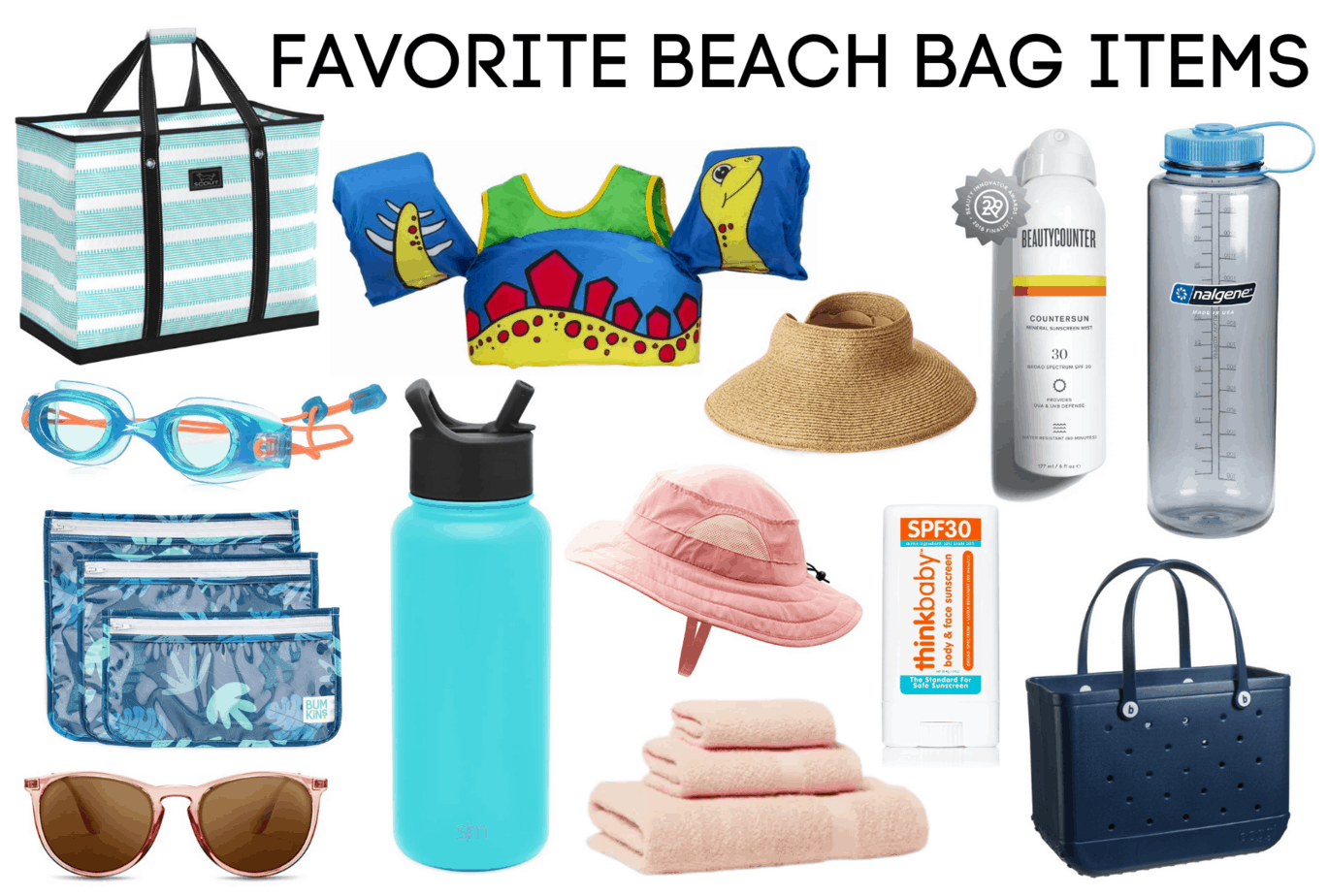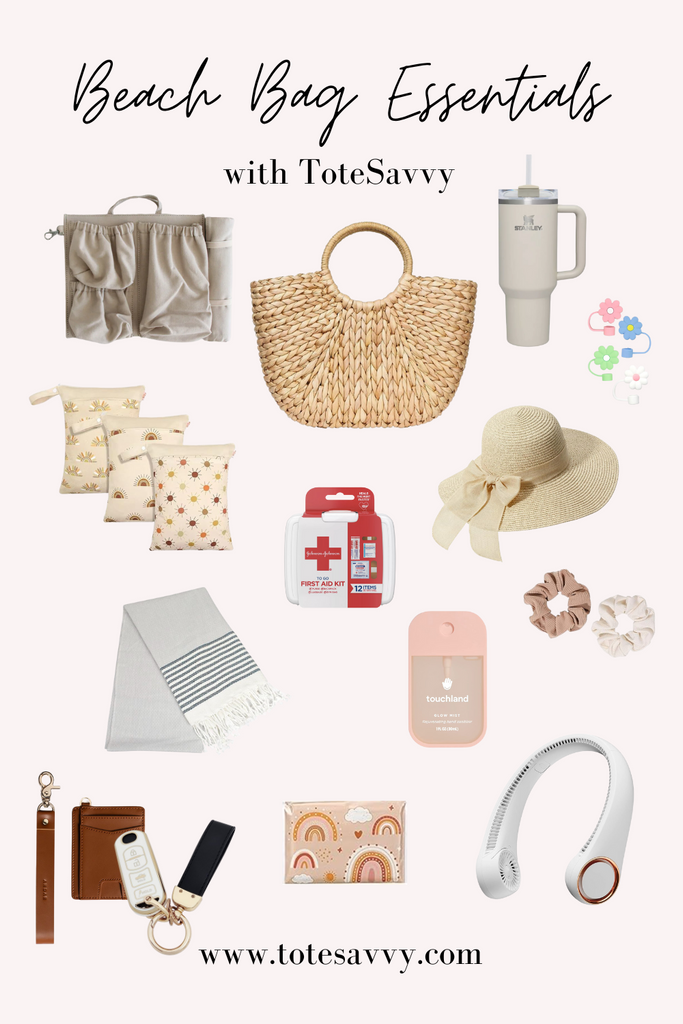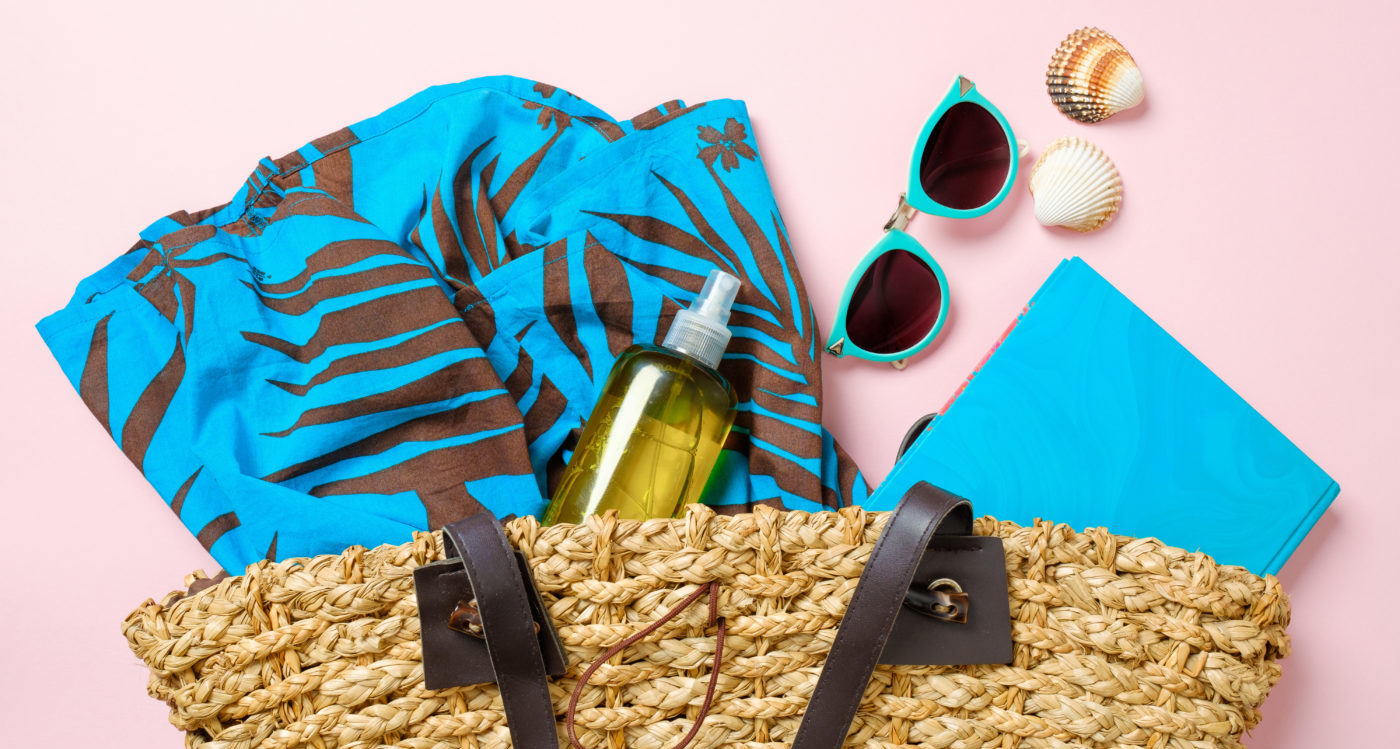The sound of waves crashing, the sun warming your skin, and the smell of salty air—all these signals that it’s time for a day at the beach! But what should you pack in your beach bag to ensure a delightful experience? This comprehensive guide covers everything from must-have items to tips, comparisons, and local experiences, preparing you for your perfect beach day.
Why a Well-Stocked Beach Bag is Important
Your beach bag is your lifeline to a stress-free day by the ocean. Whether you’re planning a solo escape, a family outing, or a romantic getaway, forgetting essential items can put a damper on your fun. Let’s dive into the fundamentals of what makes a beach bag well-stocked.
Understanding Your Needs
Firstly, your beach bag should cater to your personal needs and activities. Are you planning to swim, sunbathe, or read a book? Your beach essentials will differ based on your activities. Here’s a quick checklist:
- Are you bringing children?
- Will you need snacks or refreshments?
- Do you plan to swim or just lounge?
Must-Have Items in Your Beach Bag
1. Sunscreen
One of the most crucial items in your beach bag is sunscreen. Protecting your skin from harmful UV rays is essential, not just for comfort but for health reasons.
Types of Sunscreens
There are various types of sunscreens available:
- Lotions: Great for easy application and coverage.
- Sprays: Convenient for quick application, but ensure even coverage.
- Stick Sunscreens: Perfect for sensitive areas like around the eyes.
Comparison Table of Popular Sunscreen Brands
| Brand | SPF Rating | Water Resistance | Price Range |
|---|---|---|---|
| Neutrogena Ultra Sheer | 50+ | 80 Minutes | $8-$12 |
| COPPERTONE Sport | 50+ | 80 Minutes | $6-$10 |
| Banana Boat Ultra Sport | 50+ | 80 Minutes | $5-$11 |

Pros and Cons of Different Sunscreen Types
| Type | Pros | Cons |
|---|---|---|
| Lotions | Good coverage, moisturizing | Can feel greasy |
| Sprays | Quick application, lightweight | May miss spots |
| Sticks | Precise application, easy to carry | Limited coverage area |
2. Water
Staying hydrated is key, especially on a hot beach day. Consider bringing a reusable water bottle or a cooler with ice-cold beverages. Many beaches have water refill stations, so consider a collapsible bottle for convenience.

3. Beach Towel
A large, absorbent towel is essential for lounging and drying off after a swim. Quick-drying towels are great options, as they save space and reduce weight in your bag.
Types of Beach Towels
When selecting a beach towel, consider:
- Cotton Towels: Soft and absorbent but heavy.
- Microfiber Towels: Lightweight and quick-drying.
- Turkish Towels: Stylish and versatile, also quick-drying.

4. Snacks
Bring along some nourishing snacks to keep your energy levels up throughout the day. Consider easy-to-pack options like:
- Granola bars
- Fruits (like apples and grapes)
- Trail mix
- Sandwiches
5. Swim Gear
If you’re planning to dive into the waves, don’t forget your swimwear, goggles, and possibly a float. For families, a strong, inflatable float or beach ball can add to the fun.

Essential Swimwear Tips
When selecting swimwear, consider:
- Comfort and fit
- Material and durability
- UV protection features
6. Sunglasses
Protect your eyes from bright sunlight with a quality pair of sunglasses. Look for UV protection and a comfortable fit.

7. Beach Umbrella or Sun Shelter
A beach umbrella or portable sun shelter provides essential shade, protecting you and your loved ones from excessive sun exposure. Easy to set up and take down, it’s a great addition to your beach essentials.
8. First Aid Kit
While the beach is a fun place, accidents can happen. A small first aid kit with essentials like band-aids, antiseptic wipes, and pain relievers can save the day.

Local Experiences: What to Pack for Different Beaches
In different regions of the USA, beach culture varies, influencing what’s essential in your beach bag. Here are a few local experiences and their corresponding must-haves:
California Beaches
From Santa Monica to Malibu, California beaches are iconic. A reusable water bottle and organic snacks are widely favored here, reflecting California’s health-conscious culture.

Florida Beaches
In Florida, with its sunny disposition, sunscreen is non-negotiable. Additionally, bring a beach tent to enjoy the sand without the sun’s blaze.
New Jersey Shore
At the Jersey Shore, a classic beach towel and a cooler filled with snacks and drinks are vital. The beach boardwalk experience means having something to munch on while you stroll!

Tips for Packing Your Beach Bag
Efficient packing can improve your overall beach experience. Here are some handy tips:
1. Use Packing Cubes
Consider using packing cubes or pouches to organize items within your beach bag for easy access.
2. Roll Your Clothes
Rolling beachwear instead of folding it can save space and help reduce wrinkles.
3. Waterproof Bag
Invest in a waterproof beach bag or pack a plastic bag for wet items post-swim.
4. Check the Weather
Always check the weather forecast before heading out. If rain is in the cards, pack a waterproof poncho or extra towels.
Frequently Asked Questions (FAQs)
What are the best materials for beach towels?
The best materials for beach towels are cotton for absorption, microfiber for quick drying, and Turkish cotton for style and versatility.
Can I bring a cooler to the beach?
Yes, many beaches allow coolers. Just check specific beach regulations as some may have restrictions on size or alcohol.
How do I keep my snacks fresh on a hot beach day?
Use insulated containers or small coolers with ice packs to keep food fresh and prevent spoilage.
Is it necessary to bring a first aid kit?
While not strictly necessary, having a first aid kit on hand can be useful for minor injuries or accidents that may occur.
Conclusion
Packing the right items in your beach bag can turn a good day at the beach into an unforgettable experience. With sunscreen, water, snacks, and a few personal touches, you’re well on your way to enjoying sun-soaked memories. Remember to consider your local beach culture and personal needs as you prepare for your next seaside adventure!
For more detailed information and resources on beach safety and health, you can refer to the CDC’s Beach Safety Guidelines.